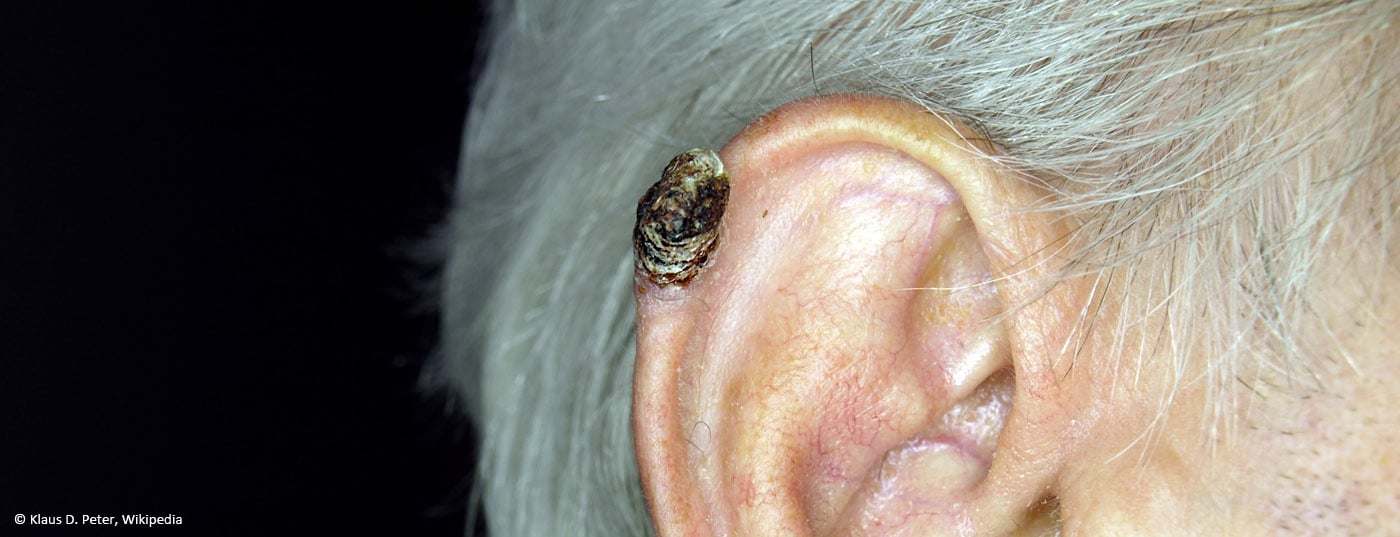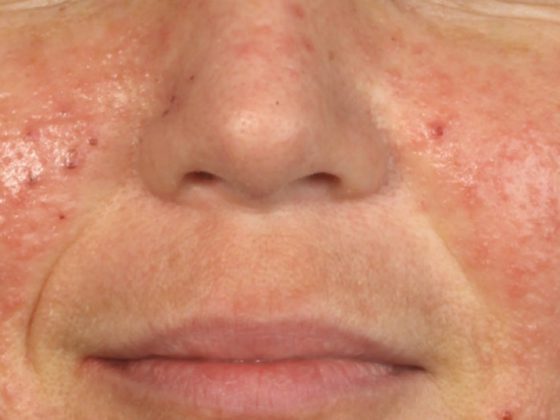To date, there have been few epidemiologic studies examining the association between nonsteroidal anti-inflammatory drugs (NSAIDs) and fair skin cancer. However, since it is known that NSAIDs may well have a chemopreventive effect in various other tumor types, a case-control study [1] now addressed the question of the extent to which systemic NSAIDs reduce the risk of basal cell carcinoma (BCC) and squamous cell carcinoma (SCC).
From a UK primary care database, 65 398 patients with BCC as a new diagnosis and 7864 with SCC as a new diagnosis were identified (from a period between 1995-2013). Each BCC case was comparatively matched with a matched cancer-free individual. For every SCC case, there were four corresponding healthy comparison subjects.
Results mixed
There was no association between NSAID therapy and the occurrence of BCC. Therefore, the authors took another close look and distinguished between individual substances. However, differences in the risk of disease were found:
Aspirin and ibuprofen: The odds ratio for a BCC was 0.92 with aspirin, (95% CI: 0.85-0.99) and 0.61 with ibuprofen (95% CI: 0.48-0.78). Both risk reductions (8 and 39%) were significant.
Similar results were obtained for SCC, although the risk was also slightly lower when all substances were considered together, namely by 11% (OR 0.89, 95%
KI: 0.82-0.97). Coxibs, in particular, were risk-reducing in this setting (OR: 0.77, 95% CI: 0.62-0.95).
Limitations
Thus, the results are not entirely consistent and are significantly limited in significance for one reason in particular: UV exposure was not a factor that could be extracted from the database. But at least they confirm a trend: NSAIDs seem to have a certain preventive effect also in the field of light skin cancer.
Literature:
- Reinau D, et al: Nonsteroidal anti-inflammatory drugs and the risk of nonmelanoma skin cancer. Int J Cancer 2014. doi: 10.1002/ijc.29357.
InFo ONCOLOGY & HEMATOLOGY 2015; 3(2): 2











